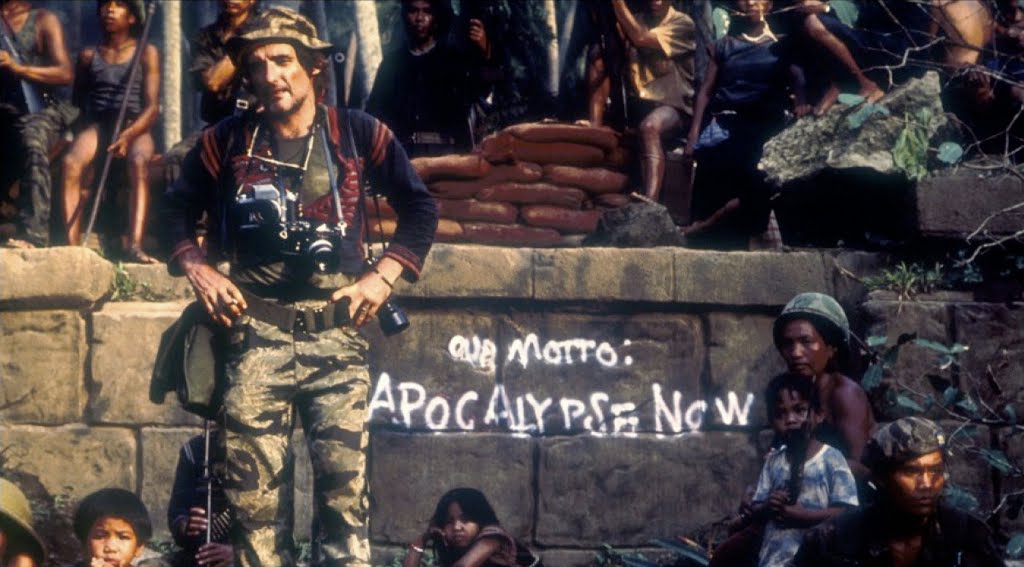With Carlo Crivelli's luscious score sweeping everyone toward their date with destiny and Daniele Ciprì's grey-and-blue hues keeping the lid on a boiling pot, Dormant Beauty is one of the maestro's most satisfying watches. Since he started his career exploring the dispossessed accidental life of a malicious dreamer in Fists In The Pocket, Bellocchio has functioned a little like modern Italy's activist attorney, sympathizing with the guilty poor and trying to understand why the rich can't stop tormenting them. He wants the best from a country that he can't bring himself to give up on even as he keeps uncovering new crimes of which to be ashamed. I distantly recall someone describing Marlon Brando in Julius Caesar as like watching steam escaping from a vent, or something to that effect, which is exactly how I'd describe Lou Castel in Fists In The Pocket and the general milieu of Bellocchio's films. He finds Individuals and situations that cause untenable friction and waits to see if a fire starts. Lately though he's added a smooth, seductive momentum to help ease the passing of horrifying circumstance. Call it a coping mechanism but it's made his films hum with new fervor. Starting with 2003's Good Morning, Night he suddenly seemed a 20 year old with an old pro's budget, passion and fury mixing freely while charging like a bull towards...well, that depends.
In stark contrast to his last masterpiece, 2009's Vincere, there is hope in these disparate tales of loss. It's in the angelic face of Alba Rohrwacher, the annoyingly dogged conviction of a doctor who won't let a patient die, the love between family members despite differences in belief. When the subject is the loss of control and the loss of life and the truly horrifying place they intersect, not even someone like Bellocchio can commit to cynicism. It may be that even having witnessed the death of idealism many times over he still has hope for the future. Or it could be that he has enough faith in cinema to know that no matter how bad things get, it can always be reflected on screen. Bellocchio may never have been this focused before, his rhythm beautiful, his images powerful, his conviction unwavering. It's crucial here that he's turned something of a corner on that front, at least in regard to humanity. In Fists the climactic act of mercy isn't toward its characters, but toward the society they infect, and it's one he feels conflicted about administering. Here and now, he returns to that gesture and grants mercy not to an unfeeling society, but those stuck inside the maelstrom, those who need it most. Even after a banquet of tragedy like Dormant Beauty, the film has inarguably and slyly reminded us that there are still good people, and we shouldn't ever give up on the ones who need us (though in a perfectly bitter twist, that often means doing just that). As long as Marco Bellocchio's making films I'll be watching them and thanking no one in particular that someone should know cinema and its secrets so intimately.


